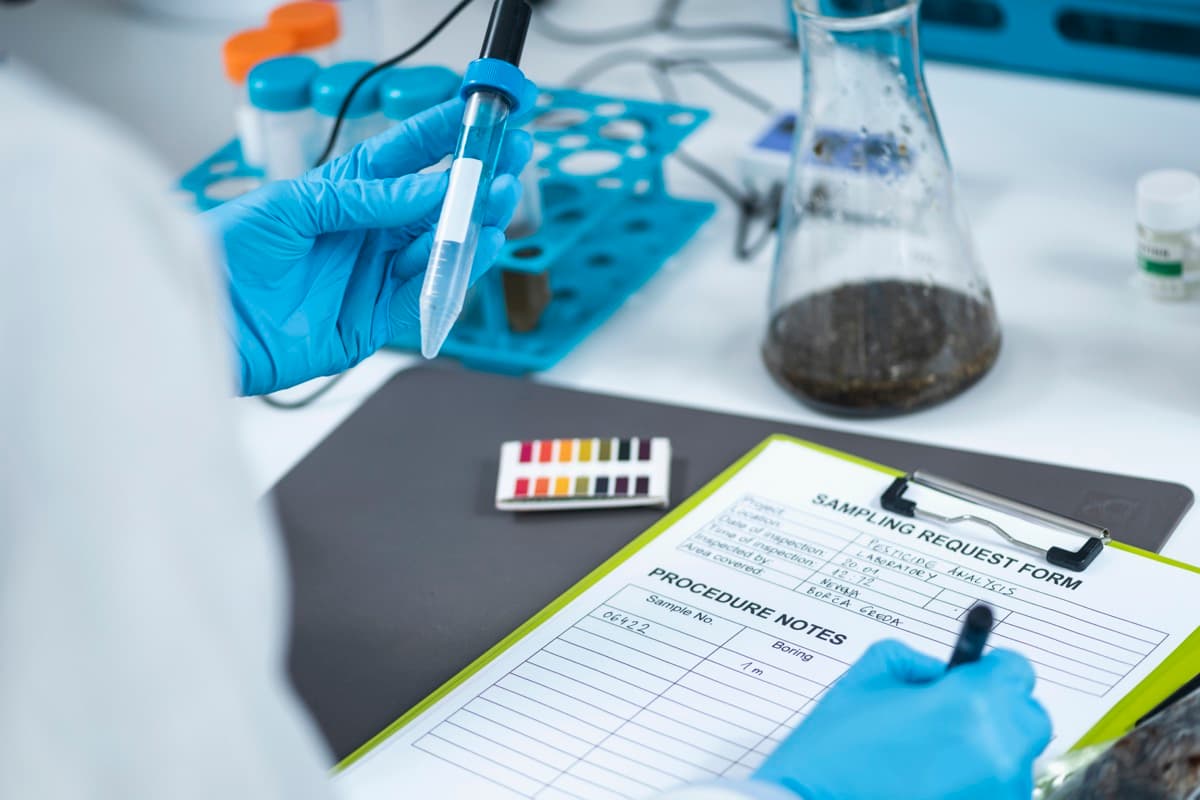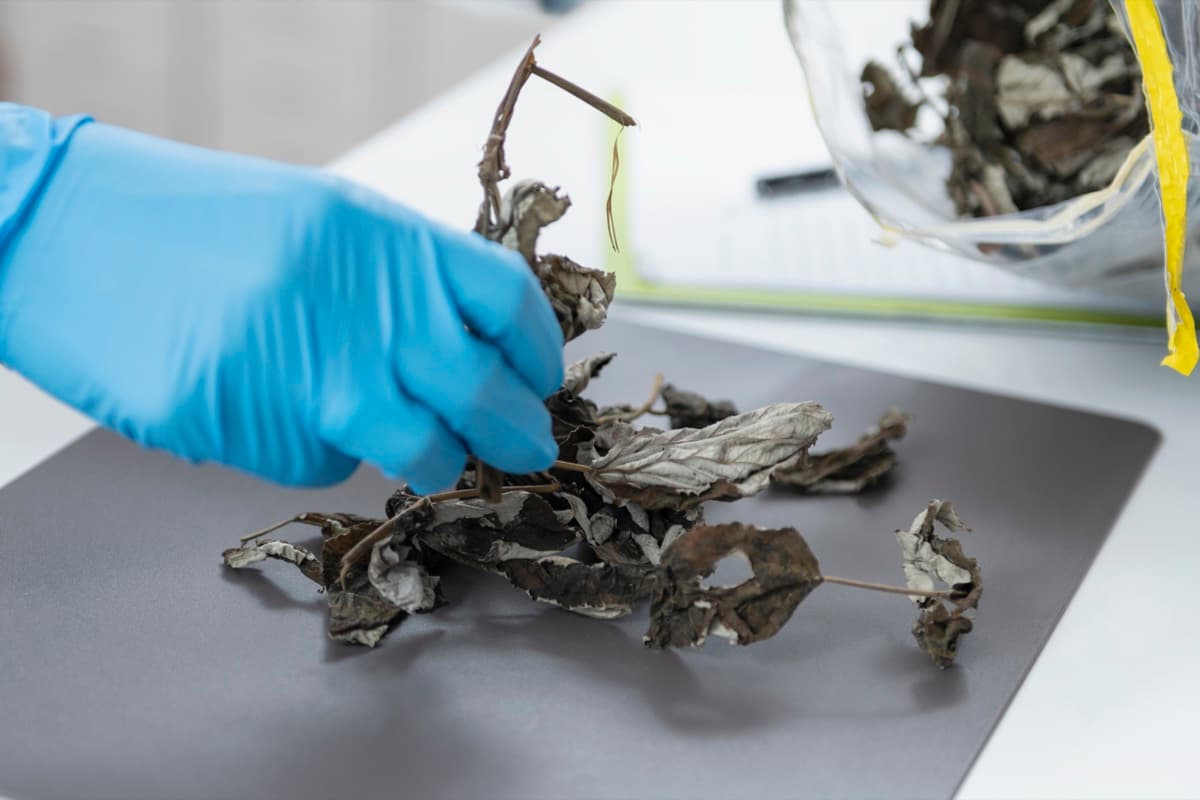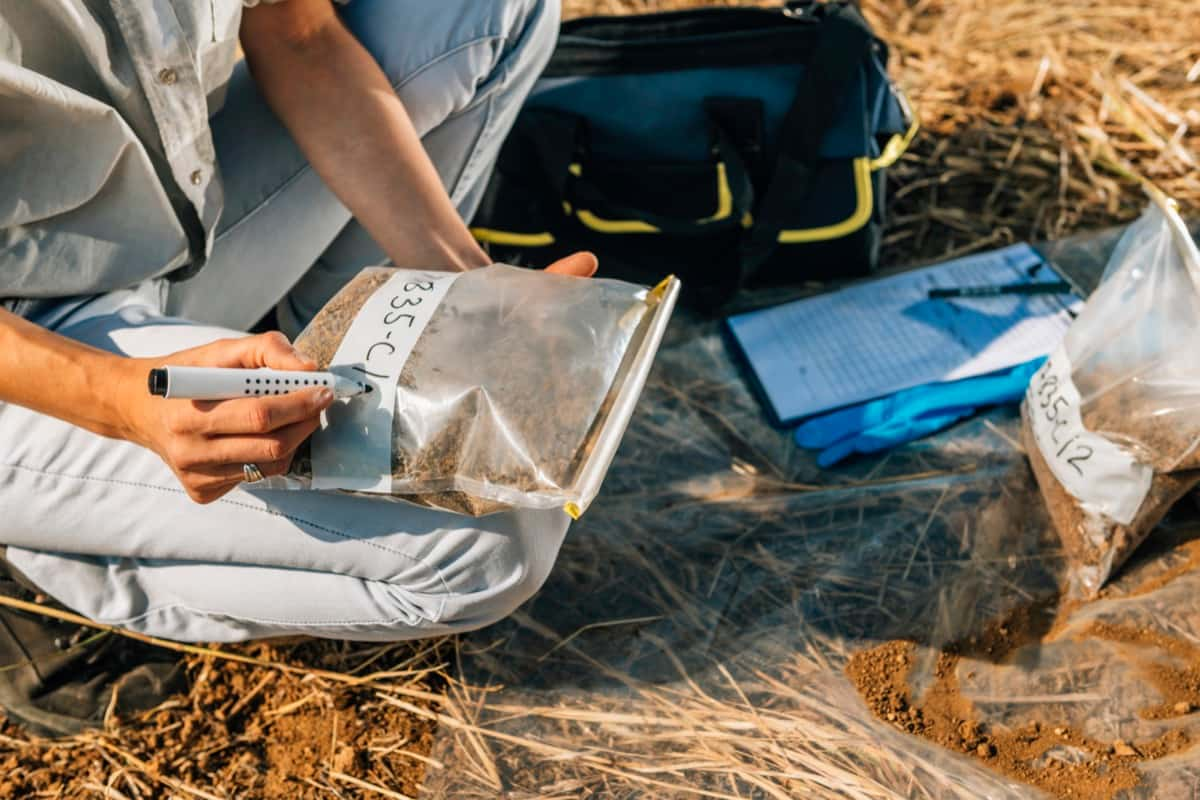Organic certification is a process that verifies whether agricultural products meet certain standards established by the United States Department of Agriculture (USDA). In Texas, the Texas Department of Agriculture (TDA) is responsible for regulating and enforcing organic certification standards. This article will discuss the different organic certification classifications, certification requirements, and supporting documentation needed for obtaining organic certification in Texas.

Organic Farming Certification Requirements in Texas
Organic Certification Classifications
Certification classifications are a crucial aspect of organic certification, as they dictate the level of organic content required for a product to be considered organic. The highest certification classification is “100% Organic,” meaning that all product ingredients are certified organic. This classification ensures that the product contains no synthetic or genetically modified substances and that all of its ingredients are produced in compliance with organic regulations.
The next classification is “Organic,” which requires that at least 95% of a product’s ingredients are certified organic. The USDA must approve the remaining 5% of ingredients that cannot be synthetic. This classification ensures that the product is predominantly organic and meets strict organic regulations.
The “Made with Organic” classification is the third level of certification and requires that at least 70% of a product’s ingredients are certified organic. The remaining 30% of ingredients must be approved by the USDA and cannot be synthetic. While the “Made with Organic” classification is less stringent than the previous classifications, it still ensures that a product is primarily organic and meets specific organic regulations.
The final classification is “Specific Organic Ingredients,” which applies to products that contain less than 70% organic ingredients. In this case, the specific organic ingredients must be identified on the product’s label, and the remaining ingredients must be approved by the USDA and cannot be synthetic. This classification allows producers to include specific organic ingredients in their products while still adhering to organic regulations.
Requirements
To obtain organic certification in Texas, farmers and businesses must adhere to certain requirements established by the USDA. These requirements include:
- Organic plan – Farmers and businesses must develop an organic plan that outlines how they will meet the USDA’s organic standards. The organic plan must be submitted to an accredited certifying agency for review.
- Land requirements – Land must be free from prohibited substances for at least three years before crops can be certified organic. Prohibited substances include synthetic fertilizers, pesticides, and genetically modified organisms (GMOs).
- Record-keeping – Farmers and businesses must maintain records of their organic production activities, including planting dates, seed sources, fertilizer and pesticide applications, and harvest dates.
- Inspection – Farmers and businesses must allow an accredited certifying agency to inspect their farm or facility annually to ensure compliance with organic standards.
Supporting Documentation
In addition to the abovementioned requirements, farmers and businesses must provide supporting documentation to the certifying agency to demonstrate compliance with organic standards. The following are examples of supporting documentation that may be required:
- Seed and planting documentation – Farmers must provide documentation of the sources of their seeds and planting materials, including a list of any prohibited substances used in producing the seeds.
- Soil test results – Farmers must provide soil test results to demonstrate that their soil is free from prohibited substances and contains adequate levels of nutrients.
- Pest management plan – Farmers must develop a pest management plan outlining their approach to controlling pests and diseases without synthetic pesticides.
- Livestock management plan – Farmers must develop a management plan outlining their approach to raising and caring for organic livestock, including using organic feed and prohibiting growth hormones and antibiotics.
- Product labels – Businesses must provide labels for their organic products, including the USDA organic seal and a statement indicating the percentage of organic ingredients in the product.
In case you missed it: Central Texas Vegetable Gardening/Planting Calendar: Know What to Grow in Different Seasons

In case you missed it: How to Start a Certified Seed Production in India: A Profitable Agriculture Business

Conclusion
Organic certification is an important process that ensures that agricultural products are produced in an environmentally friendly and sustainable way. In Texas, the Texas Department of Agriculture is responsible for regulating and enforcing organic certification standards.
- Feed Your Flock for Less: Top 10 Tips to Save on Chicken Feed
- Ultimate Guide to Ossabaw Island Hog: Breeding, Raising, Diet, and Care
- Hatching Answers: The Top 10 Reasons Your Chickens Aren’t Laying Eggs
- Eggs and Economics: Breaking Down the Cost of Raising Backyard Chickens
- Defend Your Greens: Proven Methods to Keep Iguanas Out of Your Garden
- Ultimate Guide to Cinnamon Queen Chicken: A Comprehensive Guide for Beginners
- Ultimate Guide to California Tan Chicken: Breeding, Raising, Diet, Egg-Production and Care
- Ultimate Guide to Marsh Daisy Chicken: Breeding, Raising, Diet, and Care
- 10 Types of Chicken Farming Businesses You Can Start for Profits